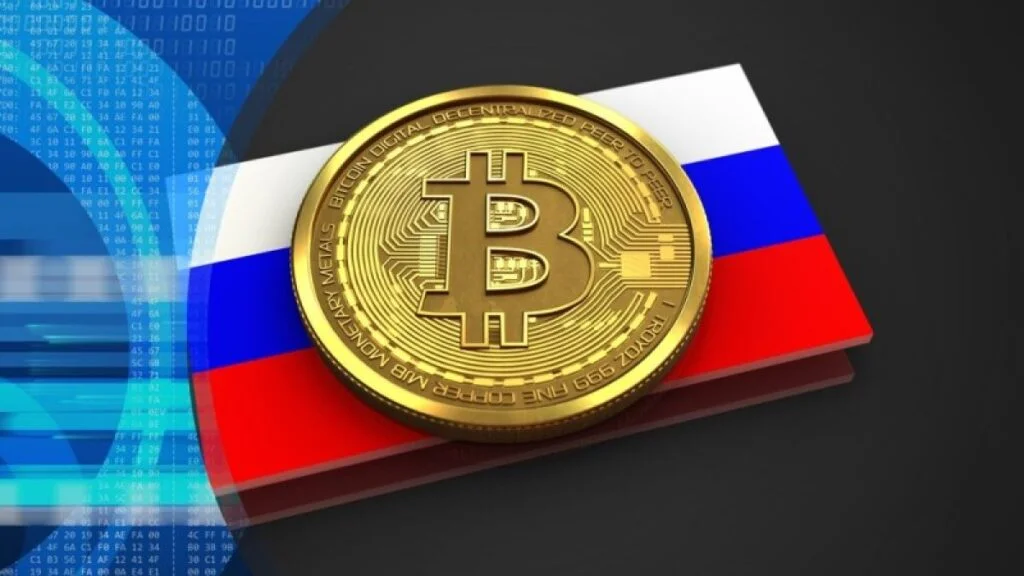The Central Bank of Russia (CBR) has published research on digital assets that examines how the technology might be incorporated into the country’s established financial system.

In the midst of a wave of new financial penalties, the Central Bank of Russia (CBR) is exploring methods to incorporate blockchain technology and crypto assets into its domestic financial system.
The CBR issued a public consultation study titled “Digital Assets in Russian Federation” in a Telegram post on November 7th.
It evaluates whether the sanctioned state might allow foreign digital asset issuers, especially those from “friendly countries,” access to its domestic market.
The paper also includes recommendations for reforms in accounting and taxation, protections for small investors, regulation of digital assets, and rights to digital property connected to smart contracts and tokenization.
The CBR declared that it firmly supports the “further development of digital technologies,” so long as they don’t expose customers to “uncontrollable” hazards in terms of their finances or cybersecurity.
The same regulatory guidelines that apply to the issue and circulation of conventional financial instruments should also apply to digital assets, according to CBR, notwithstanding the fact that blockchain technology is still in its infancy.
According to the CBR, short-term regulation should concentrate on safeguarding investor rights, tightening up the requirements for putting digital assets into circulation, making sure the issuer is accredited, and making sure the issuer discloses all pertinent information to investors.
Although a legal foundation for digital assets has been established, the Central Bank stated in a Telegram message that better regulation is necessary for the industry’s future development.
“Russia has created the necessary legal framework for the issuance and circulation of digital assets […] But so far the market is at the initial stage of its development […] and is many times inferior to the market of traditional financial instruments. Its further development requires improved regulation.”
The central bank noted that there was already a legal framework in place for regulating smart contracts, but it suggests that any smart contracts developed in Russia be subject to an independent audit before being used.
Regarding the possibilities of tokenized off-chain assets, CBR was equally optimistic. To secure a “legal relationship” between the token holder and the token itself, the bank stated that laws would need to be put in place.
The news comes as the Russian Ministry of Finance just authorized Russian citizens to utilize cryptocurrencies as a means of cross-border payment on September 22.
However, neither the 33-page CBR study nor the Russia-Ukraine War that is presently raging in Ukraine mentioned the increase in sanctions that have been imposed on Russia or the damaging impact they have had on its economy.
However, it makes mention of a different paper it is working on that focuses on the digital ruble, which is planned to be tested as early as 2023 and is Russia’s new central bank digital currency (CBDC).
The CBR said in August 2022 that they intended to provide the digital ruble to all Russian-based banks in 2024.
